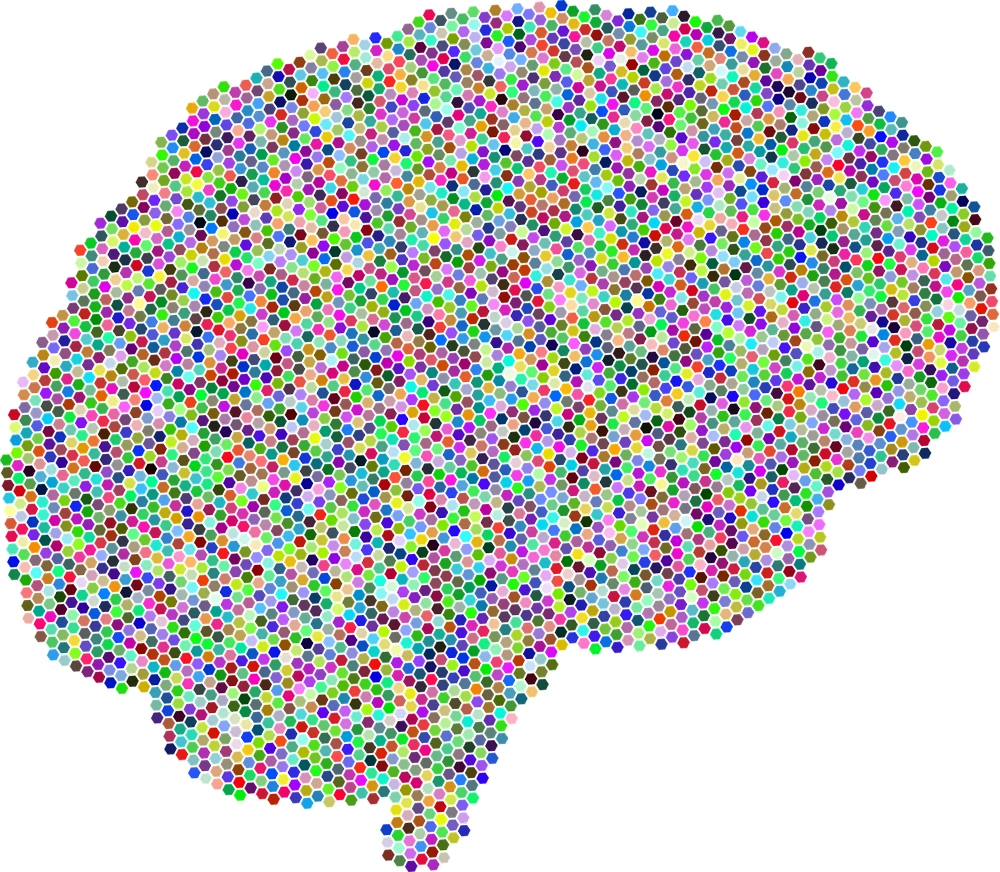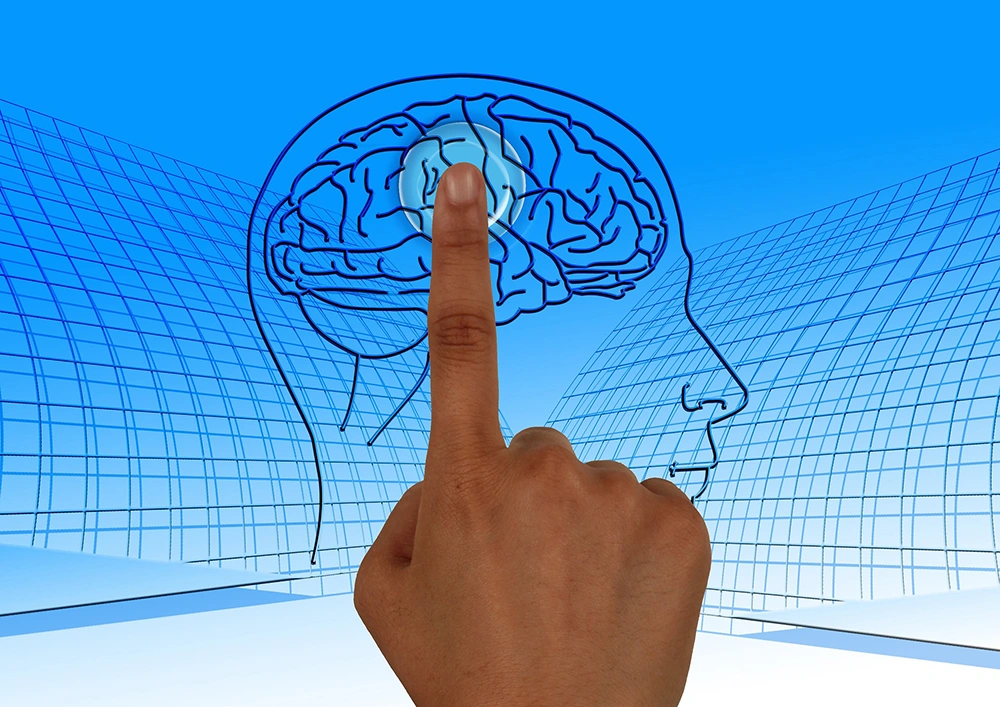AI IS NOW MONITORING THE HUMAN BRAIN AT WORK TO CHANGE THE WORKING ENVIRONMENT!
Digital fulfilment uses integrated technology and automated order processing to improve the efficiency of logistics operations and speed up the supply chain.
In the world we live in, technology is being integrated into thriving businesses by the day, but when should it be argued that technology is playing too much of a role in society? Perhaps when it crosses the line in within an employee’s privacy, and what could be more private and personal than a humans own brain?

It seems that Chinese businesses are using technology known as ‘Emotional Surveillance’ so employers can monitor their employees in the most invasive, albeit effective, way possible. The technology came about thanks to the advancements in Artificial Intelligence (AI), to monitor how their employees are feeling, by focusing on emotions rather than the employees’ specific thoughts. Which sounds sinister but it has actually done wonders to the Chinese economy.
The technology is being utilised on people with jobs that entail high stress levels and manual labour. For example, China is renowned for its speedy and reliable trains which eliminates stress for the passengers using them, however this puts more stress on the people behind the scenes who operate the trains.
In this instance the workers are aware that their brains are being monitored, which I suppose makes this a little less disturbing. They are required to wear special helmets that have sensors attached, which pick up the information for Artificial Intelligence to then analyse, and provide helpful information about the mental state of these workers.

Not only can it sense activity, but for the more negative emotions, which we can’t avoid when working, fatigue for example, the helmet can aid the tired worker by administering an alarm that rings and subsequently gives whoever is wearing the helmet a burst of energy, and an incentive not to doze off at work. As well as fatigue, the sensors can identify other distressing emotions like anxiety and anger. Once these negative emotions are identified, the worker experiencing these emotions can be dealt with in different ways. Professor of Brain science, JinJia explains that ‘the manager asks the worker to take a day off or move to a less critical post’.
Artificial Intelligence is being used more and more, to combat the problems we have with the original intelligence; the human brain. Mental health problems are increasingly becoming more recognised as a major problem in society. People are turning to this technology to help tackle this issue, whether it’s the Canadian government funding businesses to predict a person’s chance of committing suicide, by analysing their social media messages, or through robots introduced to the elderly to reduce loneliness.
So why shouldn’t more technology be introduced to businesses, if it means improving a worker’s mental state?As always, there are ethical reasons, as you can imagine, a device that can tell how someone if feeling without that person’s control is quite a substantial breach in privacy.
http://www.ejinsight.com/20180502-how-artificial-intelligence-can-help-boost-mental-health/
https://interestingengineering.com/companies-in-china-are-monitoring-employees-emotions-with-ai
Related Post
Zoho is Splitting Activities Module: Know Why and How It Can Affect Your Business
Know how Zoho deprecating activities module is great for your business and the reasons why Zoho team announced this.
Keep ReadingStrategic Synergy: Harnessing the Potential of HubSpot's Co-Marketing for Success
The co-marketing program is your next step if you'd like to partner and co-create valuable content and foster business growth alongside HubSpot.
Keep ReadingEffective Strategies for Marketing and Promoting Your Adobe Commerce Store
With the perfect strategy for marketing, you can reach more users and increase engagement on your Adobe store.Check out our blog for top business strategies
Keep Reading


